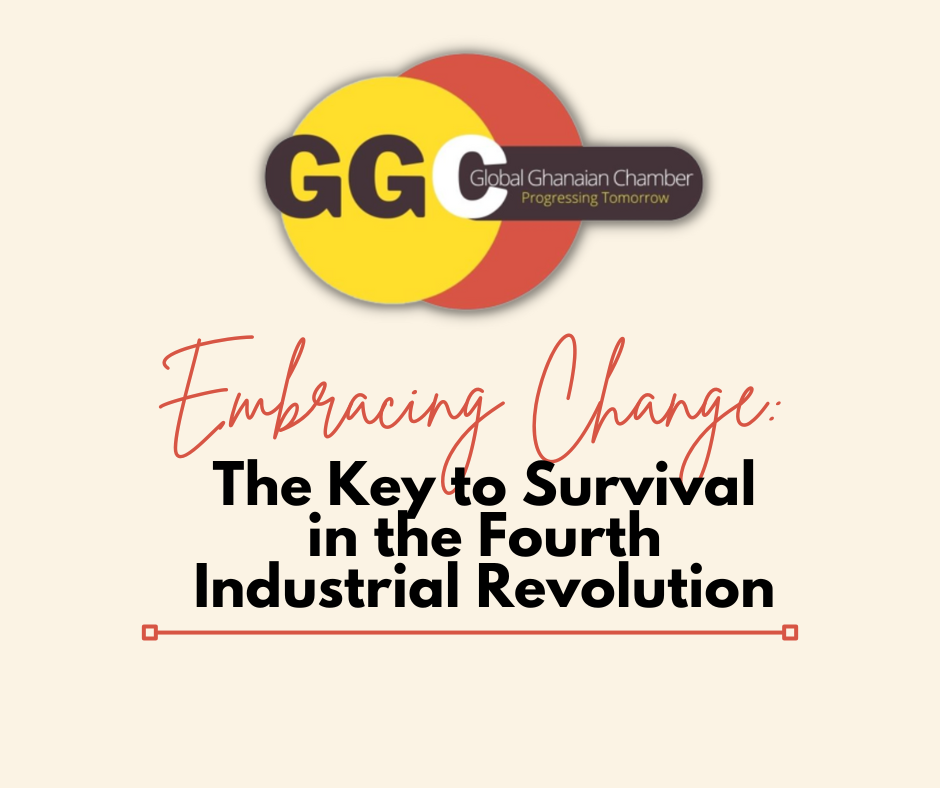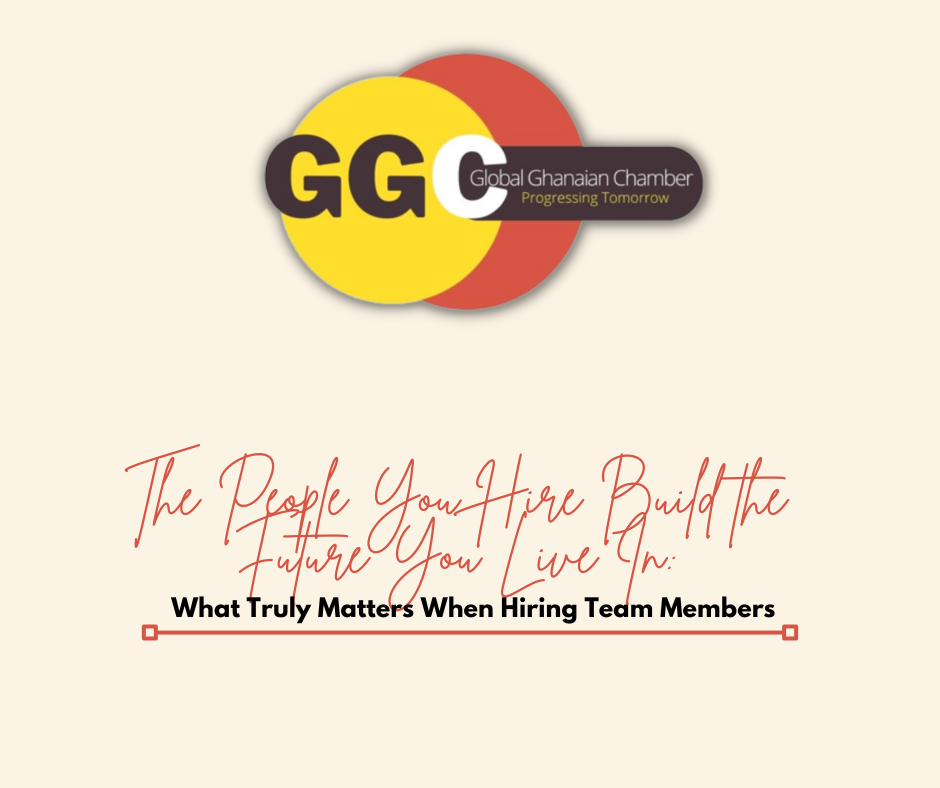
The Rise and Fall of Industry Giants
Do you remember Kodak? In 1997, the company employed approximately 160,000 people and dominated nearly 85% of the global photography market. Yet, despite its market leadership, Kodak failed to adapt to the rapid rise of mobile cameras. The result? Bankruptcy. Thousands of jobs vanished overnight, and a once-thriving giant faded into history.
Kodak wasn’t alone. Many iconic brands disappeared because they couldn’t evolve with technological advancements, including:
- HMT – Once a leading watch brand, now obsolete.
- Bajaj Scooters – Once a household name, now a memory.
- Dyanora & Murphy – Pioneers in television and radio, now forgotten.
- Nokia – A mobile phone giant that fell behind in the smartphone era.
- Rajdoot Motorcycles & Ambassador Cars – Once symbols of prestige, now relics of the past.
Their downfall wasn’t due to poor quality but an inability to innovate and embrace change.
The Future of Jobs in the Fourth Industrial Revolution
As we navigate through the present, it’s difficult to comprehend the extent of transformation the world will undergo in the coming decade. However, one thing is clear—70% to 90% of today’s jobs will disappear.
We are now entering the Fourth Industrial Revolution, an era where artificial intelligence (AI), automation, and digital transformation will redefine industries. To survive, individuals and businesses must be prepared for unprecedented shifts in technology and employment.
Disruptive Companies Reshaping Industries
Consider the businesses that dominate today’s economy:
- Uber – The world’s largest taxi service, yet it owns no vehicles.
- Airbnb – The largest hotel chain, yet it owns no hotels.
- Paytm, Ola, Oyo – Digital platforms disrupting traditional business models.
In the legal industry, IBM’s AI system, Watson, can analyze cases with greater efficiency than human lawyers, leading to a decline in demand for new attorneys. Experts predict that by 2030, 90% of jobs in the U.S. will be eliminated, leaving only highly specialized professionals in demand.
AI in Healthcare & The Transformation of Transportation
Artificial intelligence is not just disrupting law; it’s revolutionizing healthcare. AI-powered diagnostic tools, such as IBM’s Watson, can detect diseases, including cancer, with an accuracy four times higher than human doctors. By 2030, AI is expected to surpass human intelligence, leading to significant advancements in medicine.
The transportation industry is also undergoing a dramatic shift:
- 90% of today’s cars will vanish within 20 years.
- Electric and hybrid vehicles will dominate the roads.
- Self-driving cars will eliminate the need for human drivers, reducing road accidents by 99%.
- Car insurance companies will become obsolete as accidents decrease.
With autonomous vehicles replacing traditional transportation, industries like traffic policing and parking management will become irrelevant.
The Changing Face of Commerce and Money
The speed of change is staggering:
- A decade ago, STD booths were essential. Today, mobile phones have rendered them obsolete.
- Recharge shops once thrived, but online recharges made them unnecessary.
- Most people now buy phones and other essentials online through Amazon and Flipkart.
Even money is evolving. We transitioned from cash to cards, and now to mobile wallets like Paytm, where transactions happen at the click of a button. The future will likely see even more innovation in digital finance and blockchain technology.
Adapt or Disappear: The Ultimate Lesson
History has taught us a powerful lesson—those who fail to adapt will be left behind. The world is evolving faster than ever before, and survival depends on how well we embrace innovation, continuous learning, and technological advancements.
The choice is ours: evolve with the changing times or become a relic of the past.
By Dr. Bilal Ahmad Bhat
Founder & CEO, BAB Group of Companies





